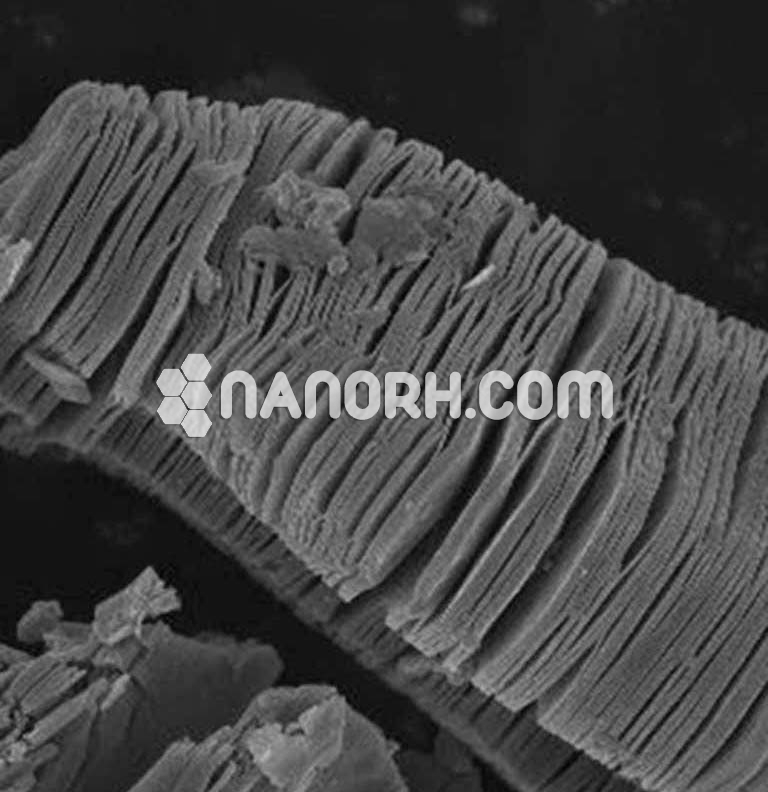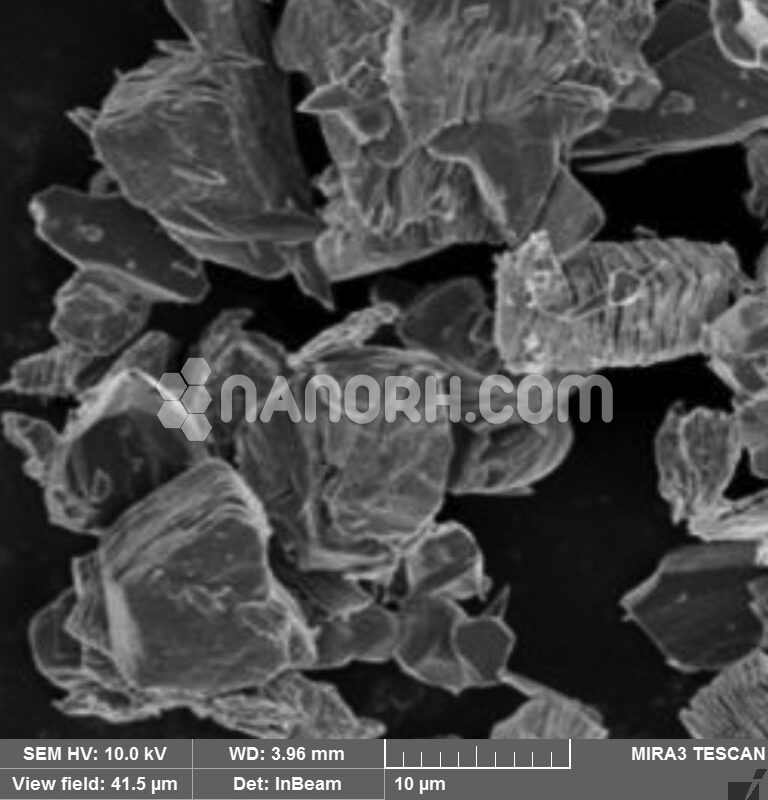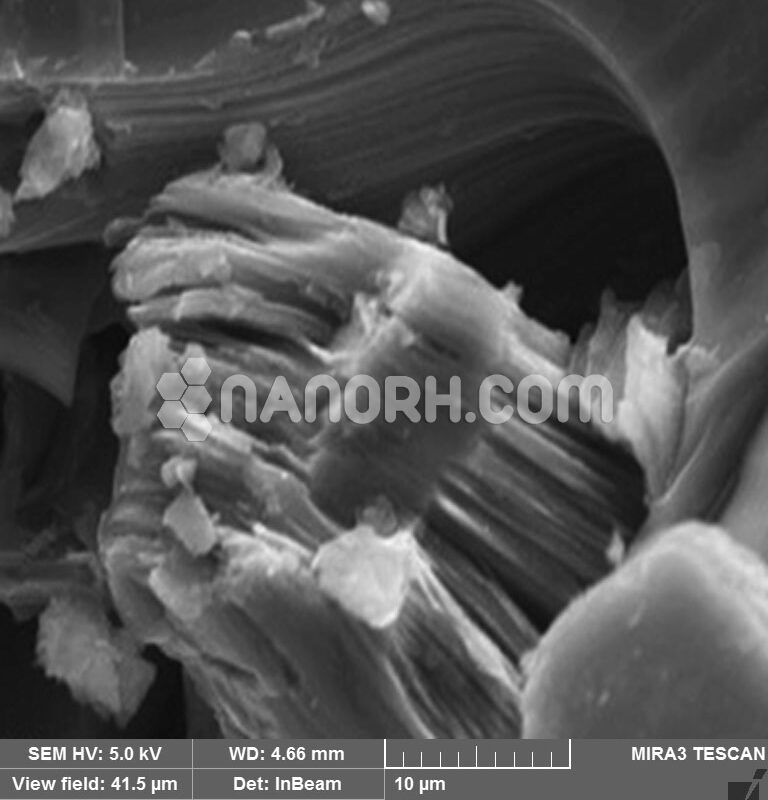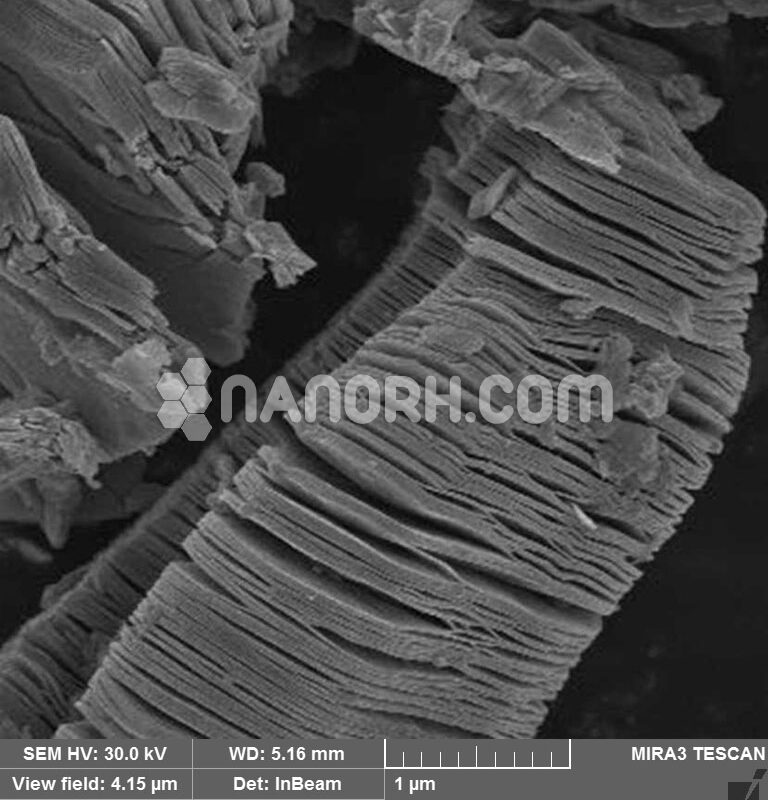Ti3SnC2 MAX Phase Powder
|
Ti3SnC2 MAX Phase Powder |
|
| Product No. | NRE-58028 |
| CAS No. | NA |
| Formula | Ti3SnC2 |
| Molecular Weight | NA |
| APS | < 40 μm |
| Purity | 99.9% |
| Form | Powder |
Ti3SnC2 MAX Phase Powder
Titanium tin carbide (Ti3SnC2) is a member of the MAX phase family, known for its unique combination of metallic and ceramic Ti3SnC2 high thermal and electrical conductivity, mechanical strength, and thermal stability, making it suitable for various advanced applications.
High-Temperature Structural Materials
Application: High-temperature coatings and structural components.
Role: Ti3SnC2 is highly valued for its high melting point and excellent thermal stability. It is used to create coatings or structural components that can withstand extreme temperatures. This makes it suitable for use in aerospace, automotive, and industrial applications where materials face significant thermal stress.
Wear-Resistant Coatings
Application: Protective coatings for cutting tools, machinery, and high-wear components.
Role: Due to its hardness and resistance to abrasion, Ti3SnC2 is used in protective coatings for cutting tools and machinery. These coatings improve the durability and extend the lifespan of components subjected to high wear and harsh operating conditions.
Thermal Barrier Coatings
Application: Thermal barrier coatings for gas turbines, jet engines, and other high-temperature systems.
Role: Ti3SnC2 thermal insulating properties make it suitable for thermal barrier coatings. These coatings protect underlying materials from extreme heat and thermal damage, which is essential for the performance and longevity of components in high-temperature applications.
Electrical Contacts and Conductive Components
Application: Electrical contacts, conductive coatings, and electrodes.
Role: Ti3SnC2 provides good electrical conductivity, making it useful for applications requiring efficient electrical contacts and conductive components. It helps maintain reliable electrical performance while withstanding high temperatures and corrosive environments.
Catalysis
Application: Catalysts and catalyst supports for chemical reactions.
Role: Ti3SnC2 can be used as a catalyst or a support material in various catalytic processes. Its properties can enhance catalytic activity and stability, particularly in high-temperature and demanding environments.
Composite Materials
Application: Advanced composites and reinforced materials.
Role: Incorporating Ti3SnC2 into composite materials can enhance their mechanical properties, thermal stability, and resistance to wear and corrosion. This application leverages the material’s unique properties to develop advanced composites for specialized uses.
Nuclear Applications
Application: Nuclear reactor components and radiation shielding.
Role: Ti3SnC2 high thermal conductivity and stability make it a candidate for use in nuclear reactors and radiation shielding. It can be employed in environments where effective thermal management and resistance to radiation are required.




